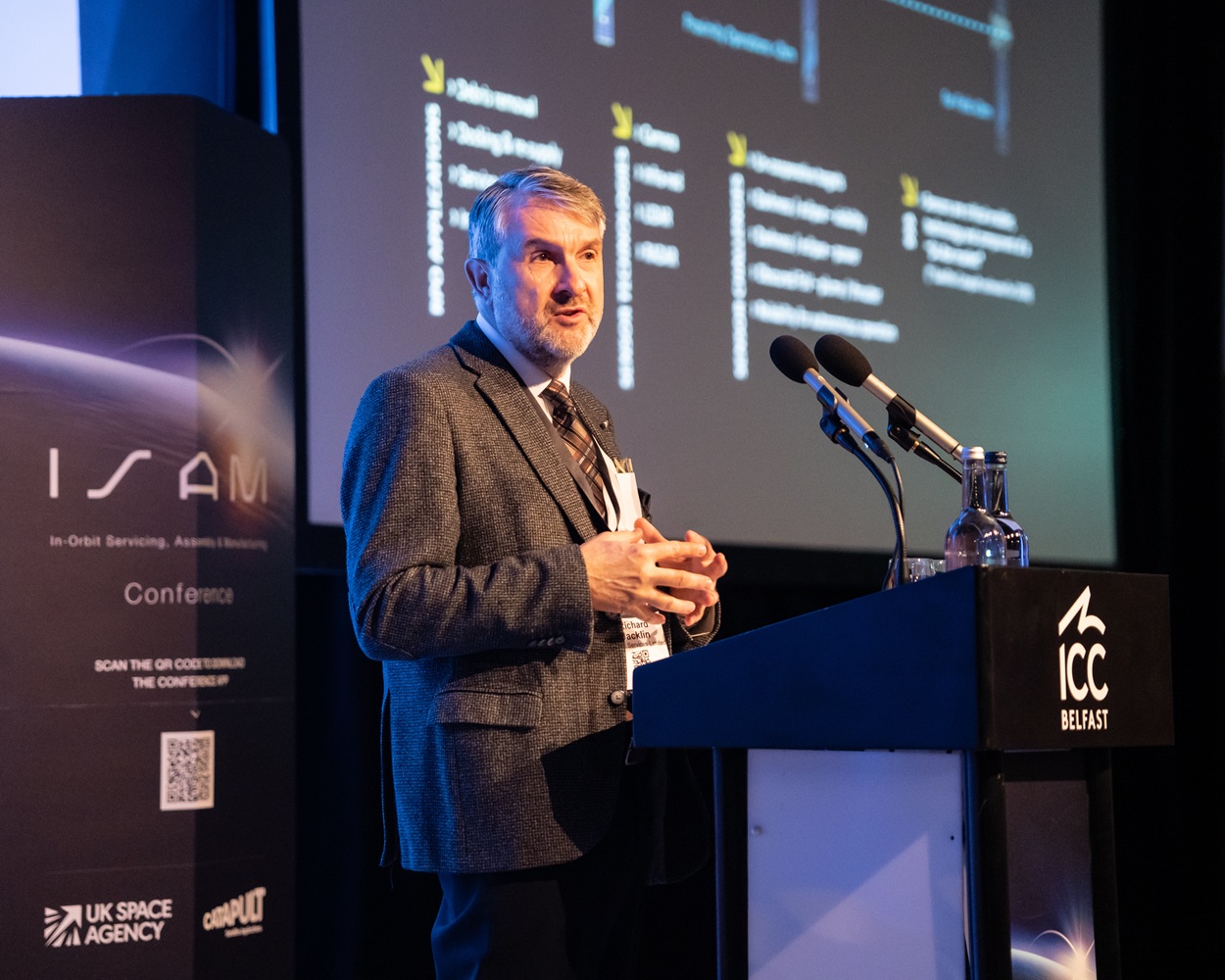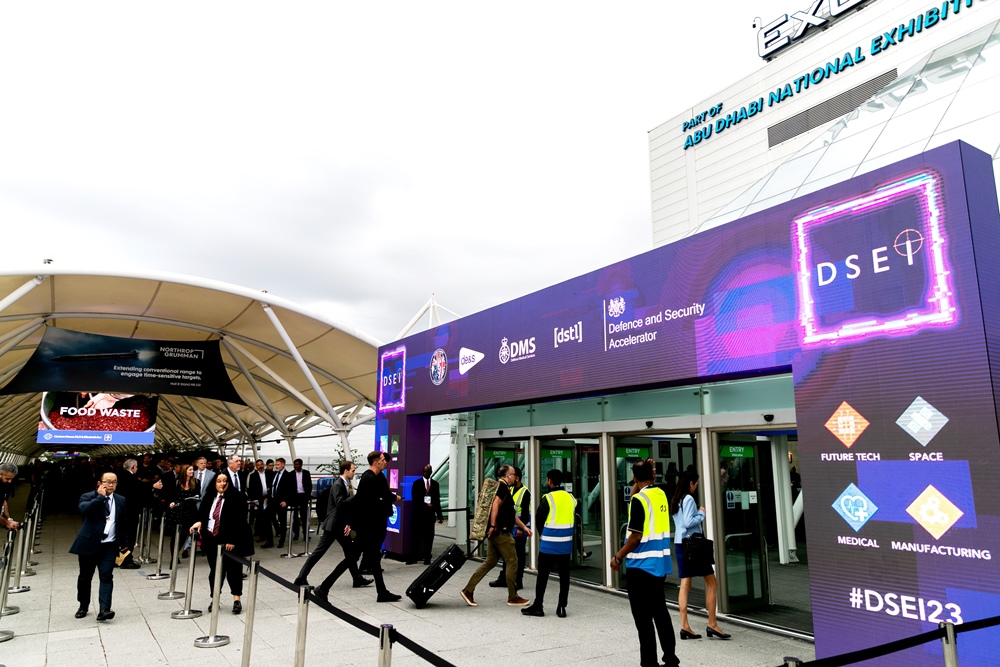Leading with integrity in defence AI
Image courtesy Roffey Park Institute
Earlier this year, the UK Ministry of Defence (MoD) made a strategic pivot. With more than 400 artificial intelligence (AI) initiatives underway and the appointment of Responsible AI Senior Officers (RAISOs), it is abundantly clear that AI is drastically reshaping how defence organisations operate today.
Yet, with AI systems becoming embedded in the defence infrastructure, the challenge is not just technical – it is ethical and cultural.
The human imperative
AI offers a wealth of potential but it also introduces new risks including unintentional escalation triggers, procurement complexity and accountability gaps.
While algorithms can process information at scale, they cannot build trust, weigh moral consequences or foster cohesion across teams. Defence leaders now face high-stakes decisions in environments where technology amplifies both opportunity and risk. Ethical dilemmas, such as when and how to deploy autonomous systems, are no longer hypothetical – they are operational realities.
Leaders must balance rapid AI adoption with strong ethics and oversight. This requires emotional intelligence, sound judgment and the ability to lead under pressure. To support this, the MoD’s Responsible AI Framework sets clear principles for fairness, accountability and human oversight, bringing structure and clarity to AI use across the UK’s aerospace, defence, security and space sectors. However, the 2025 RAISO report highlights a shortage of qualified personnel to implement these standards.
This gap underscores the need for leadership development that goes beyond technical proficiency – preparing leaders to manage the use of AI while protecting human consequences such as wellbeing, ethical implications, trust and morale and safety and accountability.
Culture as capability
In defence, culture is operationally critical. It shapes how teams respond to uncertainty, how decisions are made and how collaboration unfolds across borders. In joint operations, cultural intelligence, compassion and empathy are as vital as tactical expertise, while in digital environments, transparency and psychological safety are key.
Despite this, culture is frequently treated as secondary to capability. Without a strong cultural foundation, even the most advanced technologies risk becoming liabilities. A culture that values openness and accountability ensures that ethical concerns are raised early and diverse perspectives inform decision-making.
People centric organisational development plays a critical role here. Defence organisations must invest in improving processes, structures and systems that encourage collaboration, continuous learning and adaptability. For example, co-designing service processes by those who are closest to the impact and allowing time and space for experimentation and iteration integrates change with its implementation. When set within in a framework of clear accountability for decision making, leaders will enable a shift from change that is ‘done with’ not ‘done to’.
Many leaders in expert-led organisations have achieved career success by knowing the answers. In today’s complex landscape with multigenerational workforces, a different skillset is needed.
It is easy to equate good communication with being articulate but listening to understand is the real leadership superpower. Asking the right questions, reading between the lines and being tuned into what is not being said is an aspect of emotional intelligence that is undervalued in traditional leadership theory.
As we navigate new territories of automation, filling the human-shaped gaps that technology misses is going to bring real advantage in speed and effectiveness of AI deployment.
When culture and leadership development align, organisations create the ideal ecosystem for innovation without compromising integrity. This is particularly important in AI-enabled environments, where decisions can have far-reaching consequences.
Leadership as a strategic asset
In a sector defined by complexity and change, AI may change how defence organisations operate but it is ethical, compassionate and adaptive leadership, that determines how they succeed.
Leadership is not a fixed trait. As defence organisations continue to evolve, those that invest in developing leaders at every level will be best positioned to navigate uncertainty, foster creative problem-solving and build cultures that endure through unexpected future challenges.















